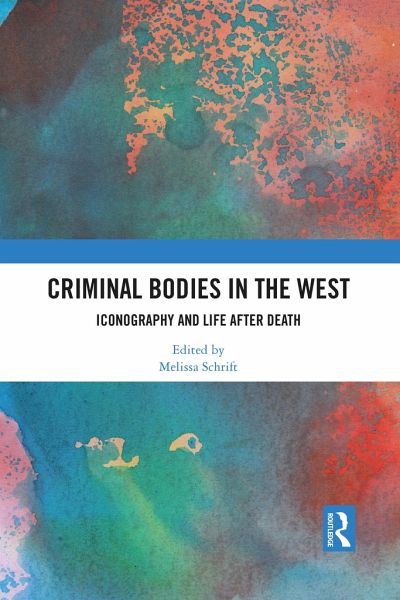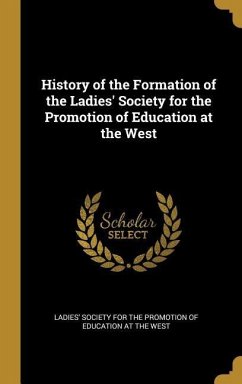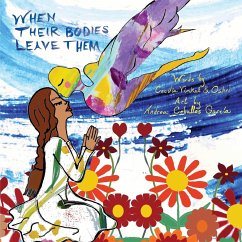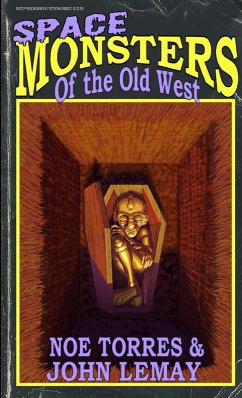
Criminal Bodies in the West
Iconography and Life after Death
Herausgeber: Schrift, Melissa

PAYBACK Punkte
27 °P sammeln!
This book explores the cultural meanings of the criminal body in the west through historical and multidisciplinary frameworks, examining both how the criminal corpse was viewed as a repository of power and how it held significant cultural meaning as material relic. Authors situate the criminal body at different historical junctures to examine ways in which the criminal corpse was displayed and managed for social, political, magical and medicinal powers and purposes. They explain how this legacy persists in significant ways in the contemporary west, primarily through the commodification of crim...
This book explores the cultural meanings of the criminal body in the west through historical and multidisciplinary frameworks, examining both how the criminal corpse was viewed as a repository of power and how it held significant cultural meaning as material relic. Authors situate the criminal body at different historical junctures to examine ways in which the criminal corpse was displayed and managed for social, political, magical and medicinal powers and purposes. They explain how this legacy persists in significant ways in the contemporary west, primarily through the commodification of criminal bodies in popular and public displays. The role of notorious criminal bodies in contemporary culture also reverberates in political and scientific realms in which criminal bodies often carry symbolic meanings related to ambivalence over interpretations of death. Drawing on examples from history as well as more contemporary criminal bodies, the book will be of interest to those studying death and criminology, and show how the criminal body can retain an iconic status in the collective memory of the living. This book was originally published as a special issue of Mortality.














